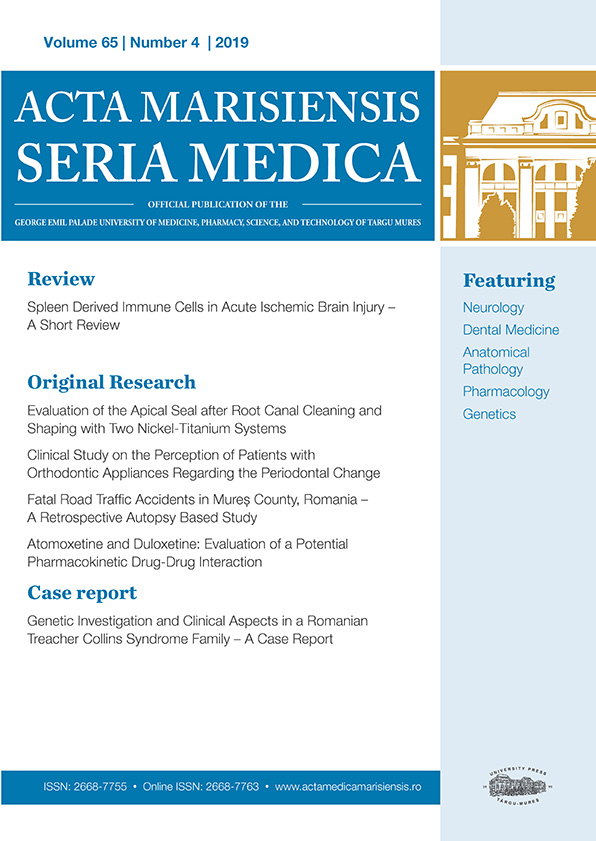Exploring Attitudinal Shifts in Students’ Lifestyle and Dietary Habits: The Impact of Nutritional Education
DOI:
https://doi.org/10.2478/amma-2025-0022Keywords:
dietary habits, healthy lifestyle, nutritional education, physical activity, student healthAbstract
Objective: The study aimed to evaluate the lifestyle and dietary habit changes among students enrolled in the Nutrition and Dietetics program at the George Emil Palade University of Medicine, Pharmacy, Science, and Technology of Târgu Mureș. Specifically, we examined the influence of academic progression on stress levels, dietary choices, purchasing habits, and physical activity, while also considering the potential presence of orthorexia among the respondents.
Methods: A cross-sectional questionnaire-based study was conducted among 55 Nutrition and Dietetics students across different academic years. Data were collected using a structured questionnaire assessing dietary habits, lifestyle factors, and stress levels. The responses were analyzed for trends across academic years and body mass index categories, with statistical comparisons performed to determine significant differences.
Results: Final-year students demonstrated healthier dietary habits, increased water consumption, and greater fruit and vegetable intake compared to their younger peers, while also exhibiting higher stress levels. Differences in dietary behaviors were also observed based on BMI categories, with normal-weight students more likely to adopt healthier eating patterns. An overall increased dietary awareness was observed, correlated with the accumulated nutritional knowledge, but no strong evidence was found for the presence of orthorexia among the respondents.
Conclusions: The findings suggest that nutritional education plays a significant role in shaping healthier behavior. However, challenges remain regarding stress management, physical activity maintenance, and diminishing unhealthy dietary habits. Targeted interventions and institutional policies may be beneficial in supporting sustainable lifestyle changes among students.
Downloads
Published
How to Cite
Issue
Section
License
Acta Marisiensis Seria Medica provides immediate open access to its content under the Creative Commons BY 4.0 license.









